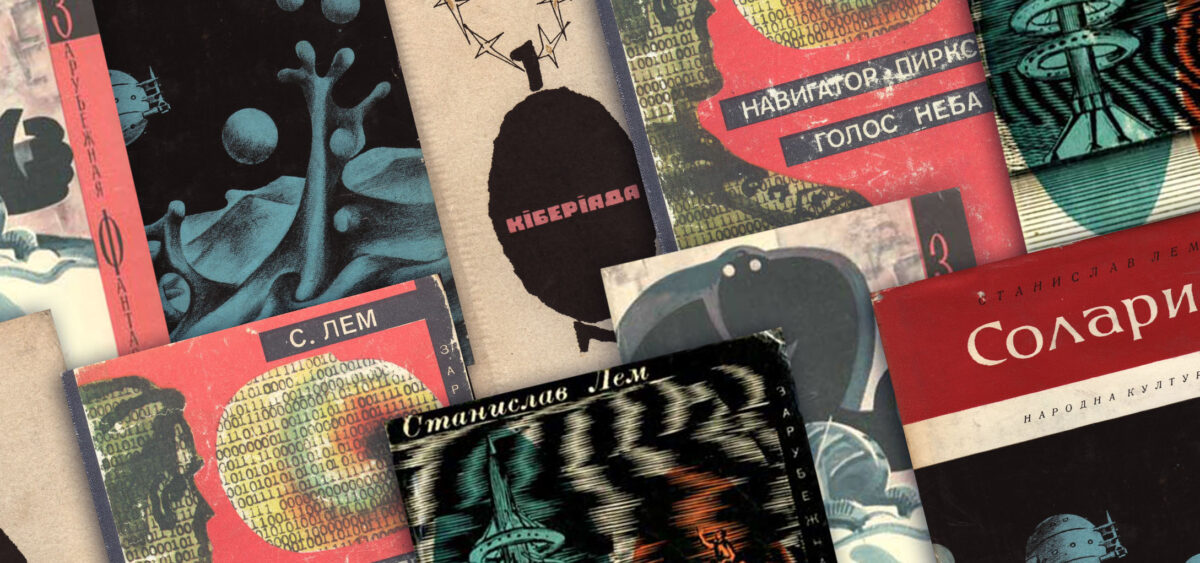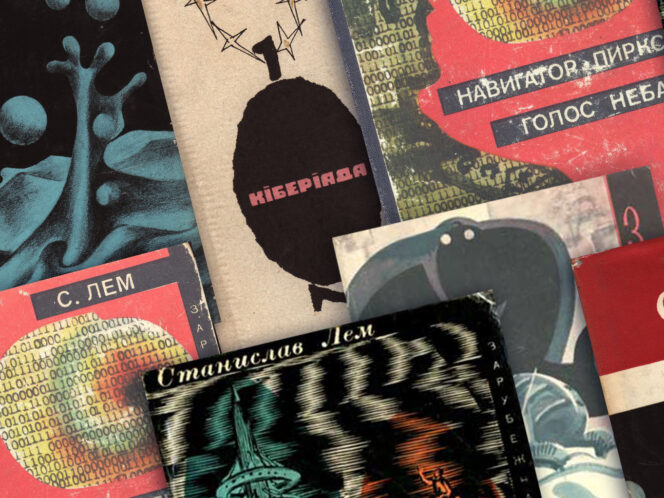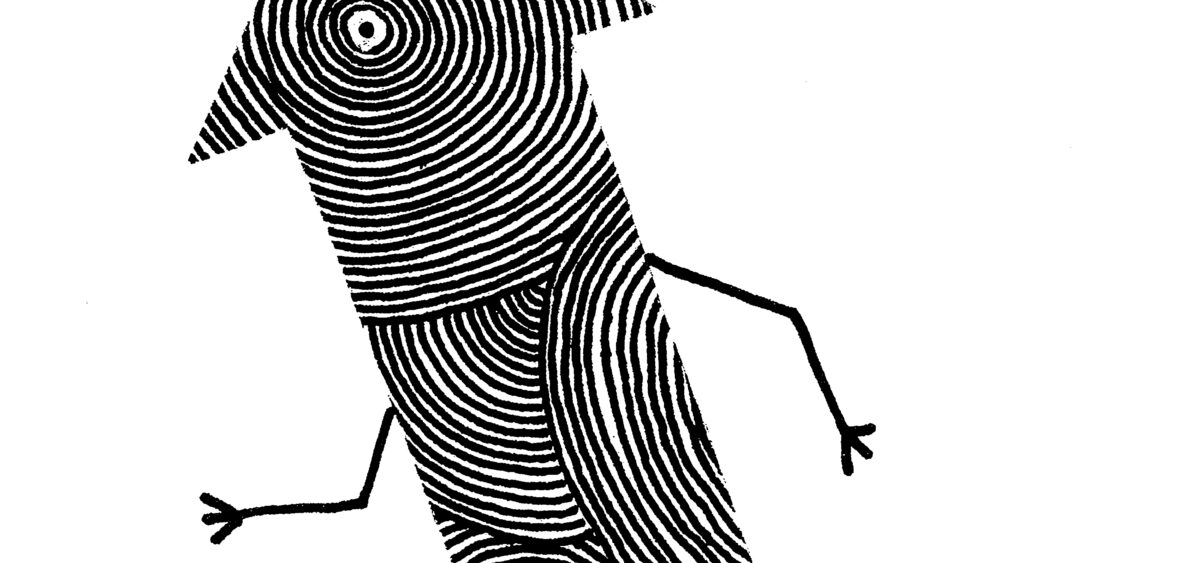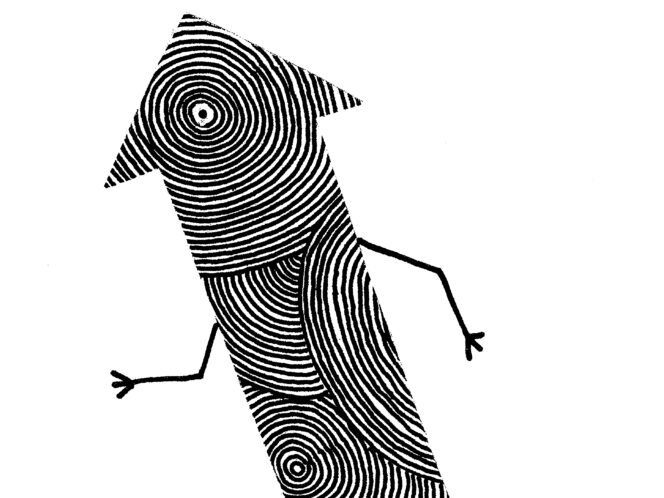
He was translated by more than eighty different people in the Soviet Union, listed in Russian philosophical dictionaries, and Soviet boys were named Stanisław in his honor. Why exactly was Polish science fiction writer Stanisław Lem—the author of Solaris—so well-received in the USSR?
Master writer and acclaimed futurologist Stanisław Lem’s immense influence on Polish—and indeed global—science fiction is still felt today in how we discuss and contemplate the prospects of humankind. Maybe even more so than in the country’s troubled communist past, when his audacious visions served as an exciting glimpse into the multiverse of possible future normalities and, simultaneously, a heart-stopping reminder of what may await beyond our provincial Plato’s cave.
It is an oft-neglected fact, though, that Lem’s legacy was also intricately interwoven with the Soviet Union’s futurist aspirations and dreams—beyond Andrei Tarkovsky’s film adaptation of Solaris. In this idiosyncratic Soviet world, Lem was read not only as a writer but foremost as a philosopher, whose name made its way into philosophy dictionaries (where it neighboured the entry for Lenin, something which Lem particularly hated) and whose ideas often gained a second, often quite surprising, sense (as with ‘solaristics’, which in the post-Stalinist Thaw era became a convenient term for Soviet bureaucracy).
Here to talk about the writer’s peculiar Russian presence is the eminent Lem scholar, Victor Yaznevich.
Dariusz Kuźma: You have often labelled Lem’s presence in the cultural landscape of the Soviet Union a true phenomenon. How much of it was








